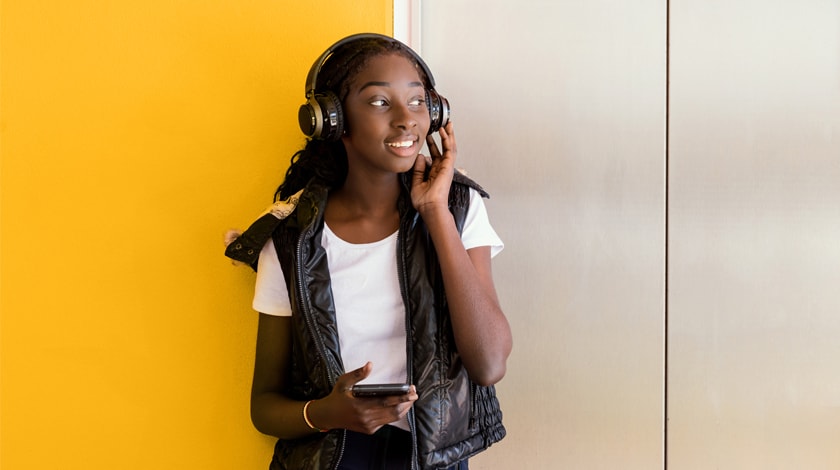Connections Academy® is a unique, tuition-free, online public school for K-12 students. With 20 years of expertise in online learning, we know how to create a high-quality educational experience that keeps students motivated and engaged in a safe, virtual learning environment. In addition to academics, teachers focus on emotional well-being and social development, working closely with families to help students learn how they learn best. Here, students gain the skills and confidence they need to direct their own educational journey, learning to thrive in the real world by first learning how to be resourceful and resilient. Connections Academy-supported schools offer grades K through 12, though some public school programs do not offer all grades.

OUR MISSION
Press Inquiries Contact
Connections Academy thought leaders are widely sought-after experts in K-12 online learning and routinely share their knowledge, experience, and vision with the news media and education community. We welcome your inquiries and are happy to connect you with the right experts, educators and families to meet your needs.
Chantal Kowalski
Public Relations Manager
Phone: 301-973-3270
Email: chantal.kowalski@pearson.com